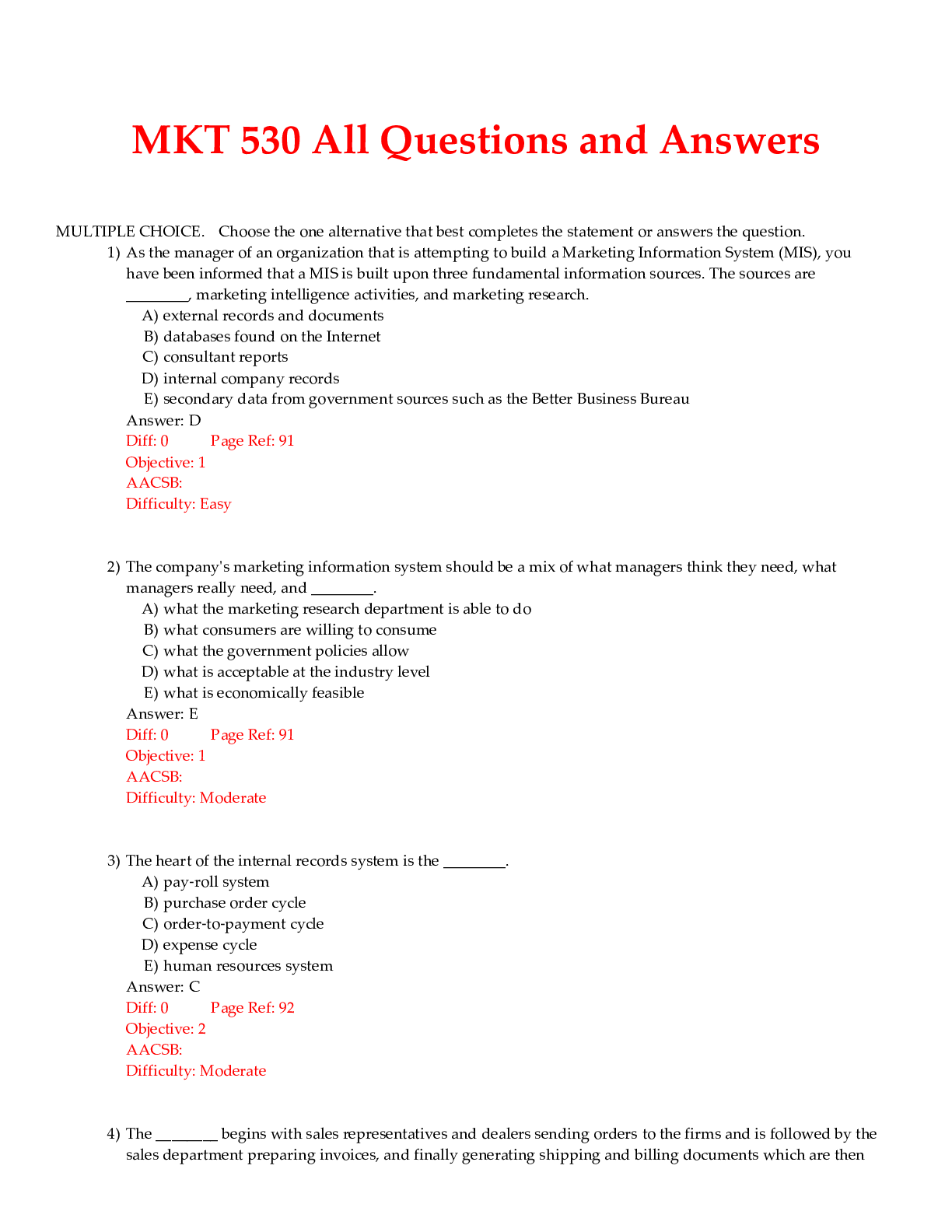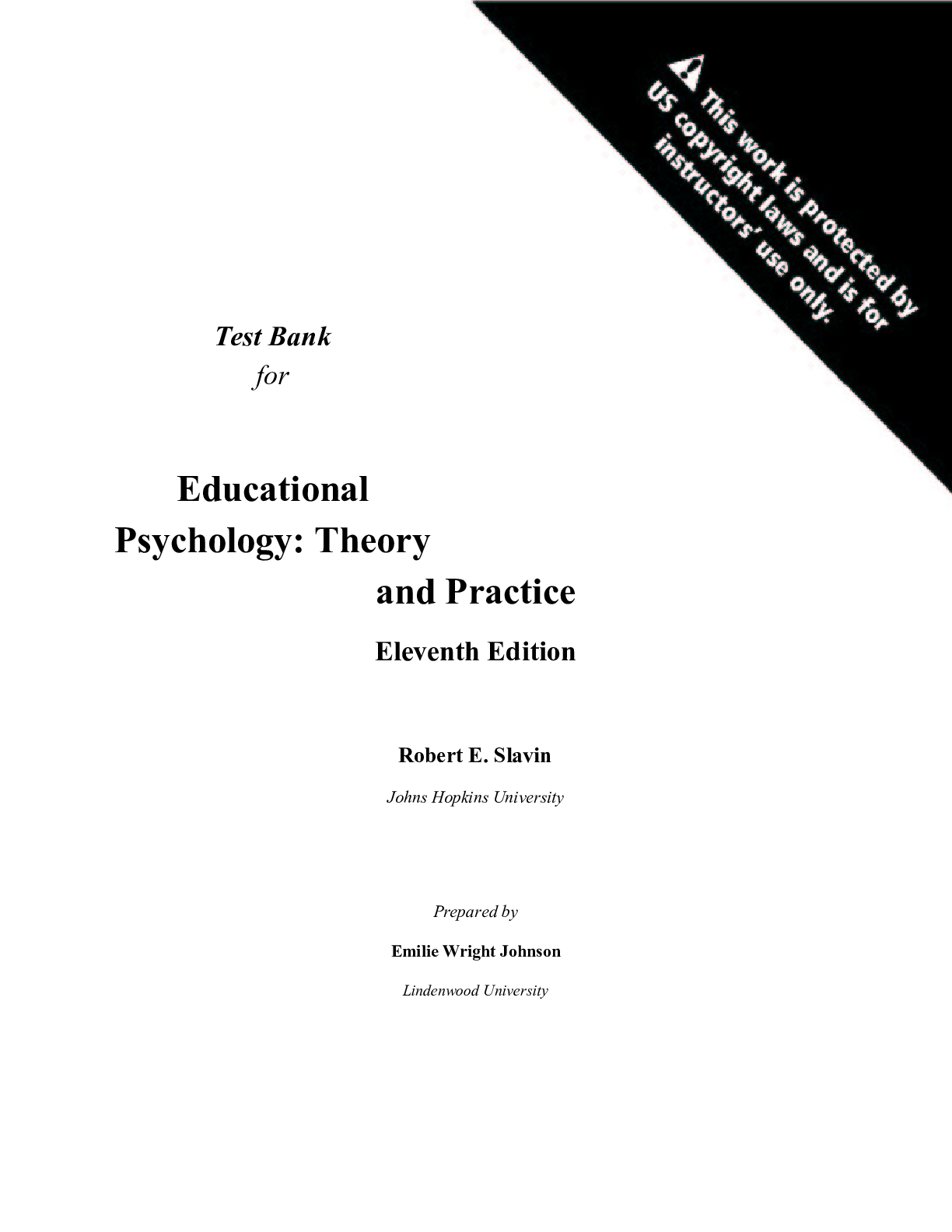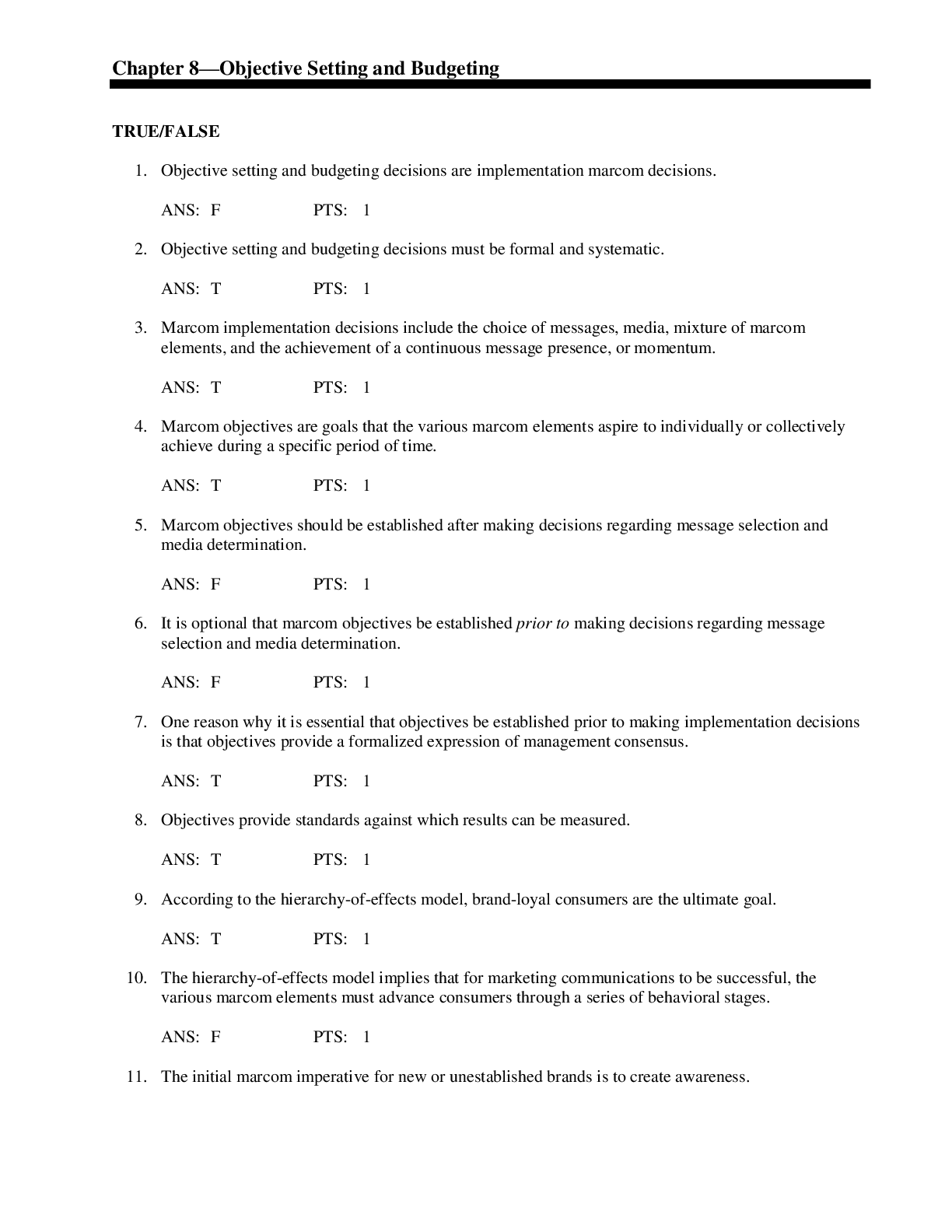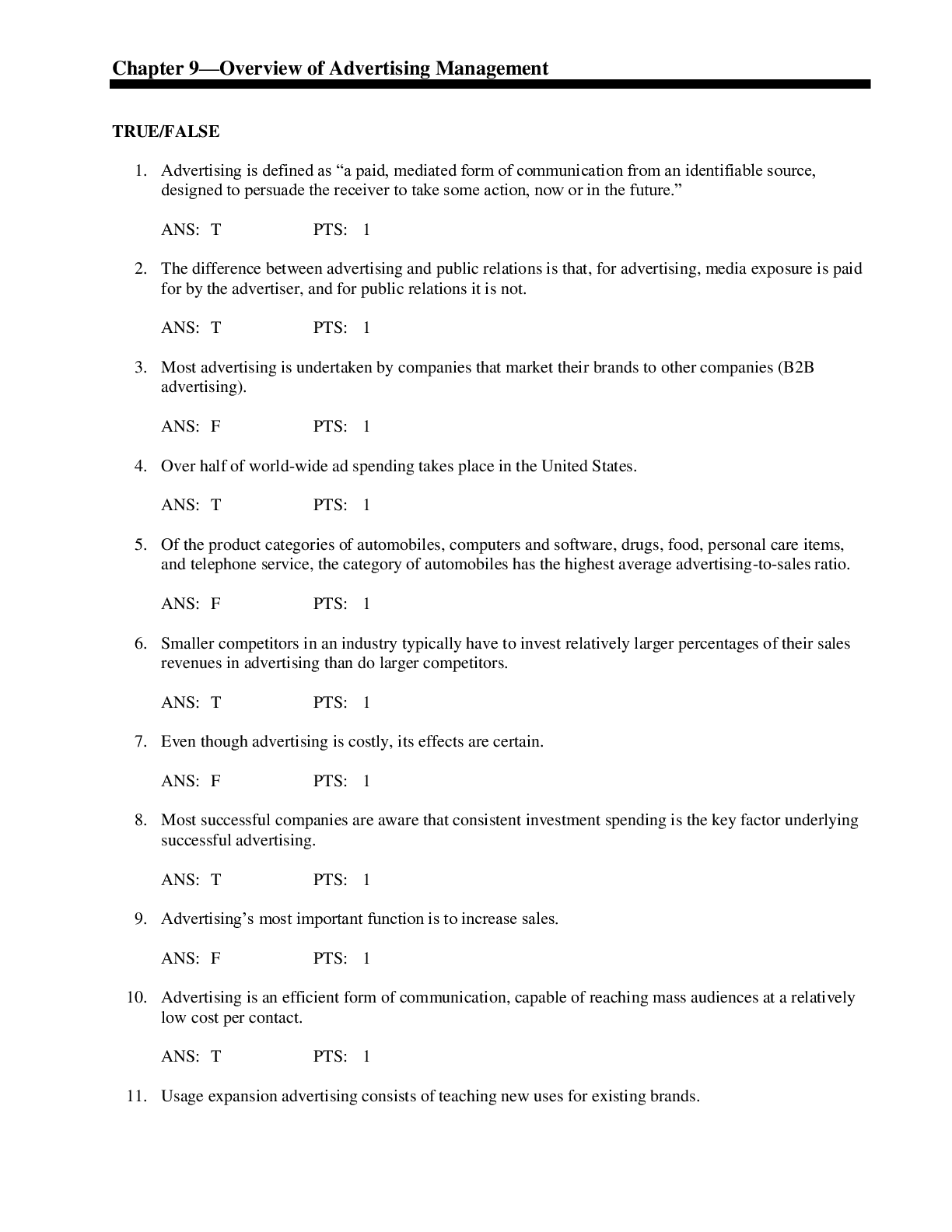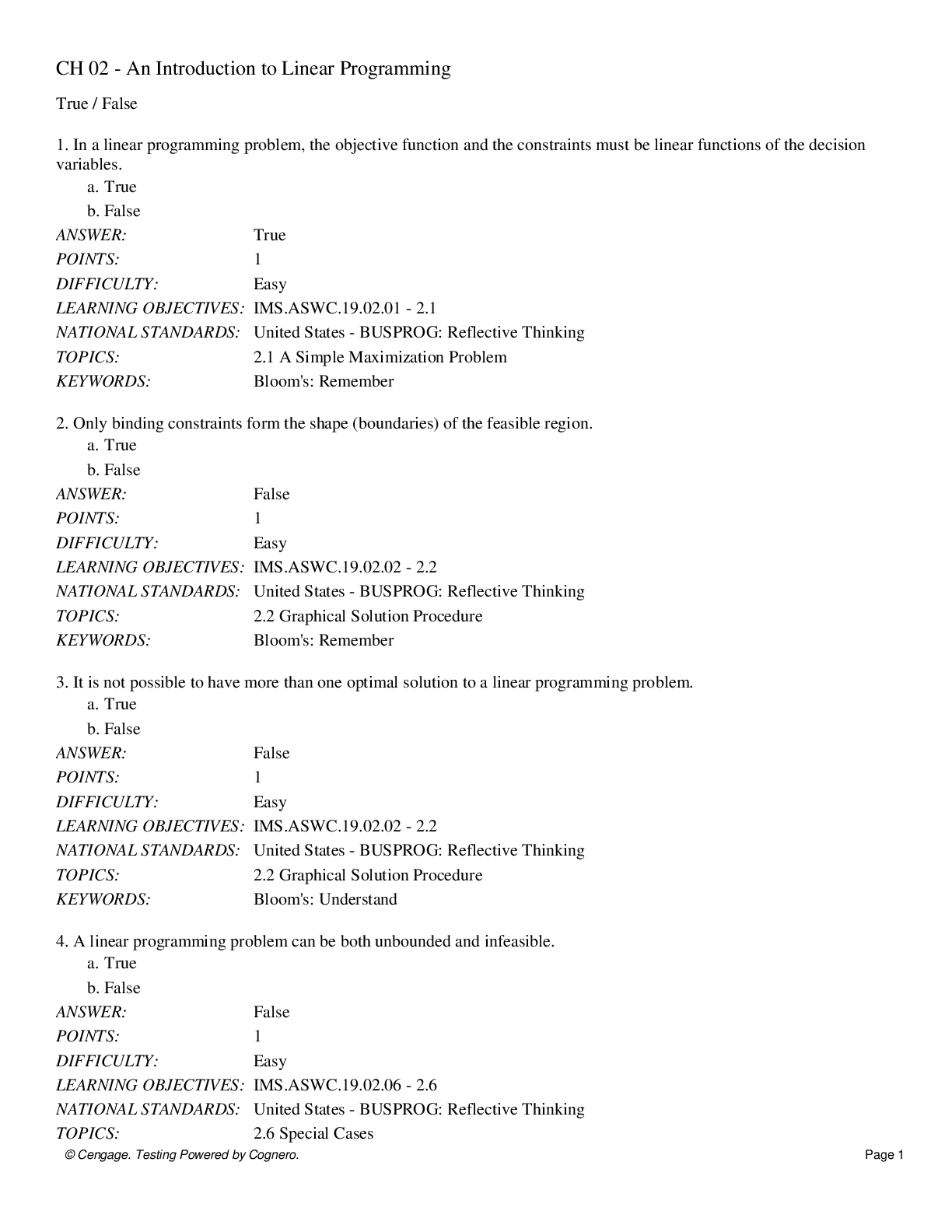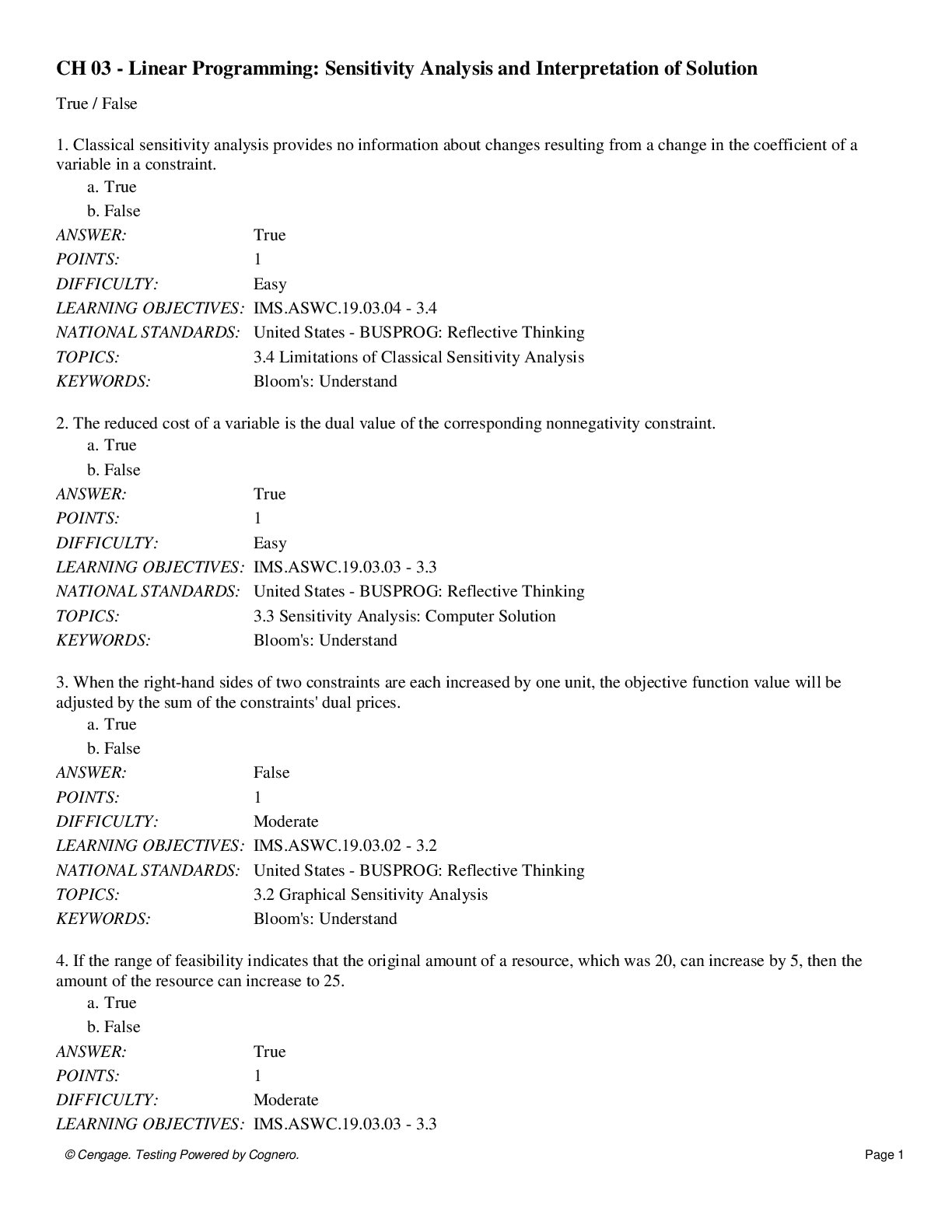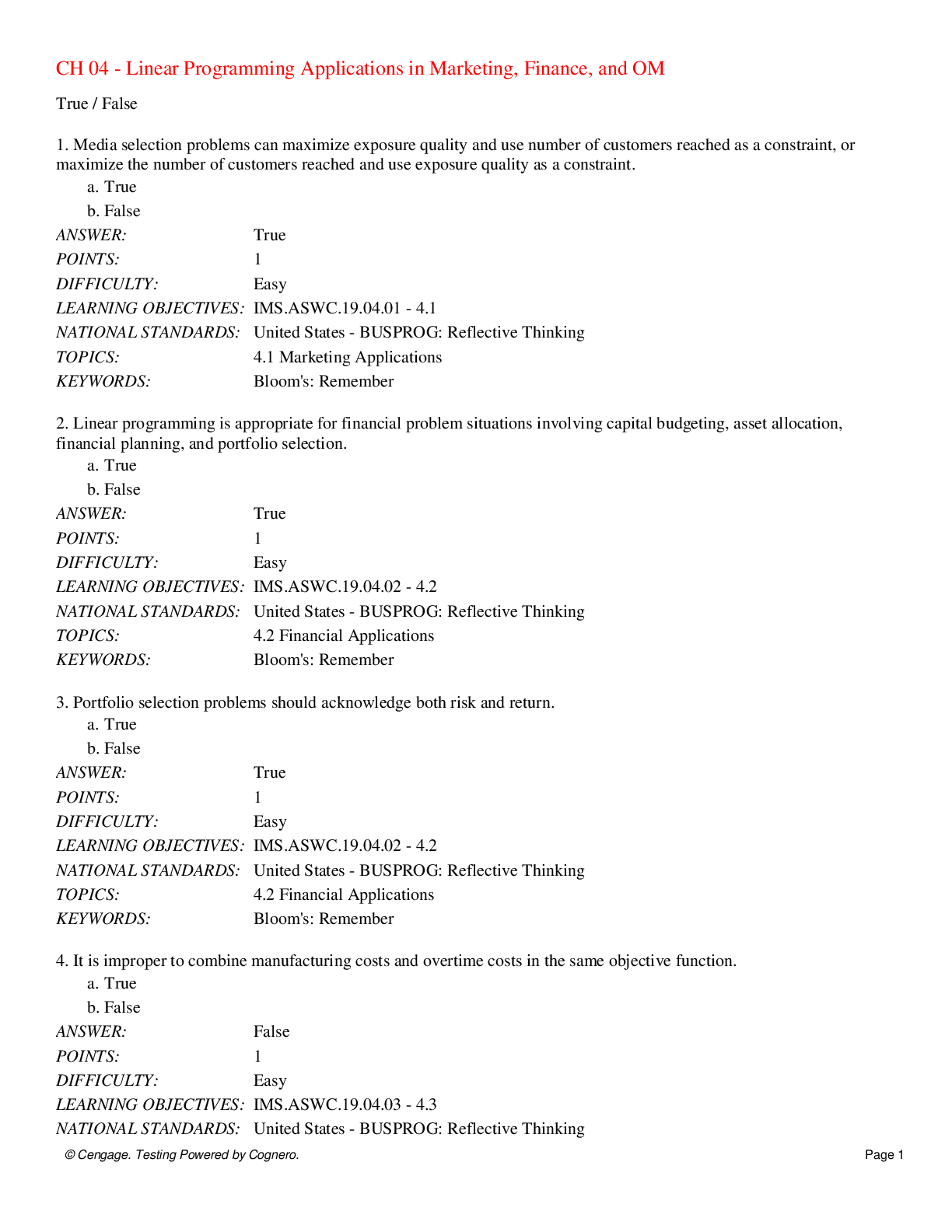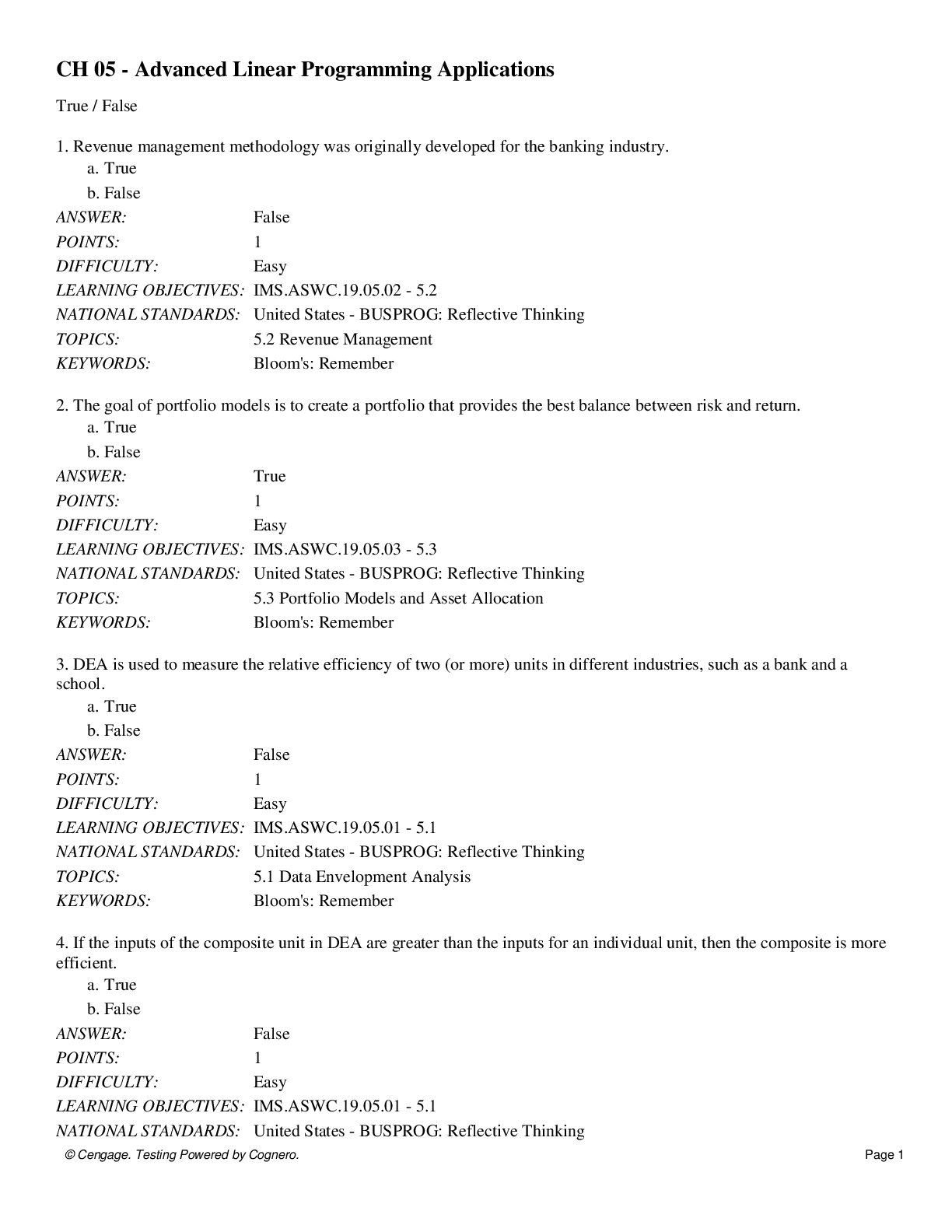History > QUESTIONS & ANSWERS > American Revolution Questions and Answers 100% Pass (All)
American Revolution Questions and Answers 100% Pass
Document Content and Description Below
American Revolution Questions and Answers 100% Pass Stamp Act A tax that the British Pariliament placed on newspapers and official documents sold in the American Colonies. Intolerable Acts In re... sponse to Boston Tea Party, 4 acts passed in 1774, Port of Boston closed, reduced power of assemblies in colonies, permitted royal officers to be tried elsewhere, provided for quartering of troop's in barns and empty houses. Mercantilism an economic policy under which nations sought to increase their wealth and power by obtaining large amounts of gold and silver and by selling more goods than they bought Abigail Adams John Adam's wife, she appealed to her husband to protect the rights of women. a member of the Daughters of Liberty John Adams A Massachusetts attorney & politician who was a strong believer in colonial independence. He argued against the Stamp Act and was involved in various patriot groups. As a delegate from Massachusetts, he urged the Second Continental Congress to declare independence. He helped draft and pass the Declaration of Independence. Adams later served as the second President of the United States. Benjamin Franklin American patriot, writer, printer, and inventor. During the Revolutionary War he persuaded the French to help the colonists. King George III He was the king of England from 1760 to 1820, exercised a greater hand in the government of the American colonies than had many of his predecessors. Colonists were torn between loyalty to the king and resistance to acts carried out in his name. Thomas Jefferson He was a delegate from Virginia at the Second Continental Congress and wrote the Declaration of Independence. He later served as the third President of the United States. Thomas Paine Patriot and writer whose pamphlet Common Sense, published in 1776, convinced many Americans that it was time to declare independence from Britain. He also wrote The American Crisis to urge colonists to join the fight against the British. George Washington Commander of the Continental Army. He had led troops (rather unsuccessfully) during the French and Indian War, and had surrendered Fort Necessity to the French. He was appointed commander-in-chief of the Continental Army, and was much more successful in this second command. What is the significance of 1776? It was the year that the Declaration of Independence was signed. Congress voted to accept the Declaration of Independence's final wording; this was the first Independence Day on July 4, 1776. Battles of Lexington and Concord A 1775 conflict between colonial minutemen & British soldiers attempting to take the colonists' large store of arms; began the Revolutionary War, British governor Thomas Gage sent troops to Concord to stop the colonists who were loading arms. The next day, on April 19, 1775, the first shots were fired in Lexington, starting the war. The battles resulted in a British retreat to Boston. Battle of Yorktown Last major battle of the Revolutionary War. Cornwallis and his troops were trapped in the Chesapeake Bay by the French fleet. He was sandwiched between the French navy and the American army. He surrendered October 19, 1781. Winter at Valley Forge, PA Washington and troops were low on supplies, food, and clothing. Because it was a harsh winter, 1/5 of soldiers died. Name given to the 1777-1778 encampment at Valley Forge by the American military under General Washington. It was America's first real effort to field a professional military against the British. Treaty of Paris of 1783 This treaty ended the Revolutionary War, recognized the independence of the American colonies, and granted the colonies the territory from the southern border of Canada to the northern border of Florida, and from the Atlantic coast to the Mississippi River. Loyalist A person who supported the British during the American Revolution Unalienable Rights These rights are fundamental or natural rights guaranteed to people naturally instead of by the law. They include life, liberty, and the pursuit of happiness., rights that cannot be given up, taken away or transferred. propaganda material distributed by those in favor of a specific cause and reflecting their point of view, Ideas spread to influence public opinion for or against a cause. Patriot A person who supported the colonists during the American Revolution, a colonist who wanted to break free from Britain's rule John Locke English philosopher who advocated the idea of a "social contract" in which government powers are derived from the consent of the governed and in which the government serves the people; also said people have natural rights to life, liberty and property. First Continental Congress September 1774, delegates from twelve colonies sent representatives to Philadelphia to discuss a response to the Intolerable Acts Second Continental Congress They organized the Continental Army, called on the colonies to send troops, selected George Washington to lead the army, and appointed the comittee to draft the Declaration of Independence. Olive Branch Petition On July 8, 1775, the colonies made a final offer of peace to Britain, agreeing to be loyal to the British government if it addressed their grievances (repealed the Coercive Acts, ended the taxation without representation policies). It was rejected by Parliament, which in December 1775 passed the American Prohibitory Act forbidding all further trade with the colonies. Committees of Correspondence Committees of Correspondence, organized by patriot leader Samuel Adams, was a system of communication between patriot leaders in New England and throughout the colonies. They provided the organization necessary to unite the colonies in opposition to Parliament. The committees sent delegates to the First Continental Congress. Boston Tea Party Demonstration (1773) by citizens of Boston who (disguised as Indians) raided three British ships in Boston harbor and dumped hundreds of chests of tea into the harbor. Protest against increased tea prices in which colonists dumped british tea into boston harbor. Continental Army Army formed in 1775 by the Second Continental Congress and led by General George Washington Common Sense A pamphlet written by Thomas Paine that claimed the colonies had a right to be an independent nation. Guerilla Warfare type of fighting in which soldiers use swift hit-and-run attacks against the enemy Sons of Liberty a group of colonists who formed a secret society to oppose British policies at the time of the American Revolution. Ally a country that agrees to help another country achieve a common goal, ie. American Revolution - French were allies. Boston Massacre British soldiers fired into a crowd of colonists who were teasing and taunting them. Five colonists were killed. The colonists blamed the British and the Sons of Liberty and used this incident as an excuse to promote the Revolution. Representation in Parliament Colonists felt that the laws and taxes passed by the British were unfair because they had no____________________. What were the strengths of the British? They had a strong well-trained army and navy along with a strong central government with food, ammunition and the support of colonial loyalists and Native Americans. Declaration of Independence The document approved by representatives of the American colonies in 1776 that stated their grievances against the British monarch and declared their independence. Paul Revere American silversmith remembered for his midnight ride (celebrated in a poem by Longfellow) to warn the colonists in Lexington and Concord that British troops were coming (1735-1818) boycott to refuse to buy items from a particular country. The colonists upheld a __________against British goods. minutemen Member of a militia during the American Revolution who could be ready to fight in a minute. natural rights stated in the Declaration of Independence life, liberty and the pursuit of happiness Quartering Act March 24, 1765 - Required the colonials to provide food, lodging, and supplies for the British troops in the colonies. Spain and France supported the colonist's war for independence; were allies of the colonists American Revolution helped to ignite or spark the French Revolution [Show More]
Last updated: 1 year ago
Preview 1 out of 12 pages
.png)
Buy this document to get the full access instantly
Instant Download Access after purchase
Add to cartInstant download
We Accept:

Also available in bundle (1)
.png)
AMERICAN REVOLUTION BUNDLED EXAMS QUESTIONS AND ANSWERS WITH COMPLETE SOLUTIONS
AMERICAN REVOLUTION BUNDLED EXAMS QUESTIONS AND ANSWERS WITH COMPLETE SOLUTIONS
By Nutmegs 1 year ago
$20
20
Reviews( 0 )
$10.00
Document information
Connected school, study & course
About the document
Uploaded On
Feb 02, 2023
Number of pages
12
Written in
Additional information
This document has been written for:
Uploaded
Feb 02, 2023
Downloads
0
Views
119

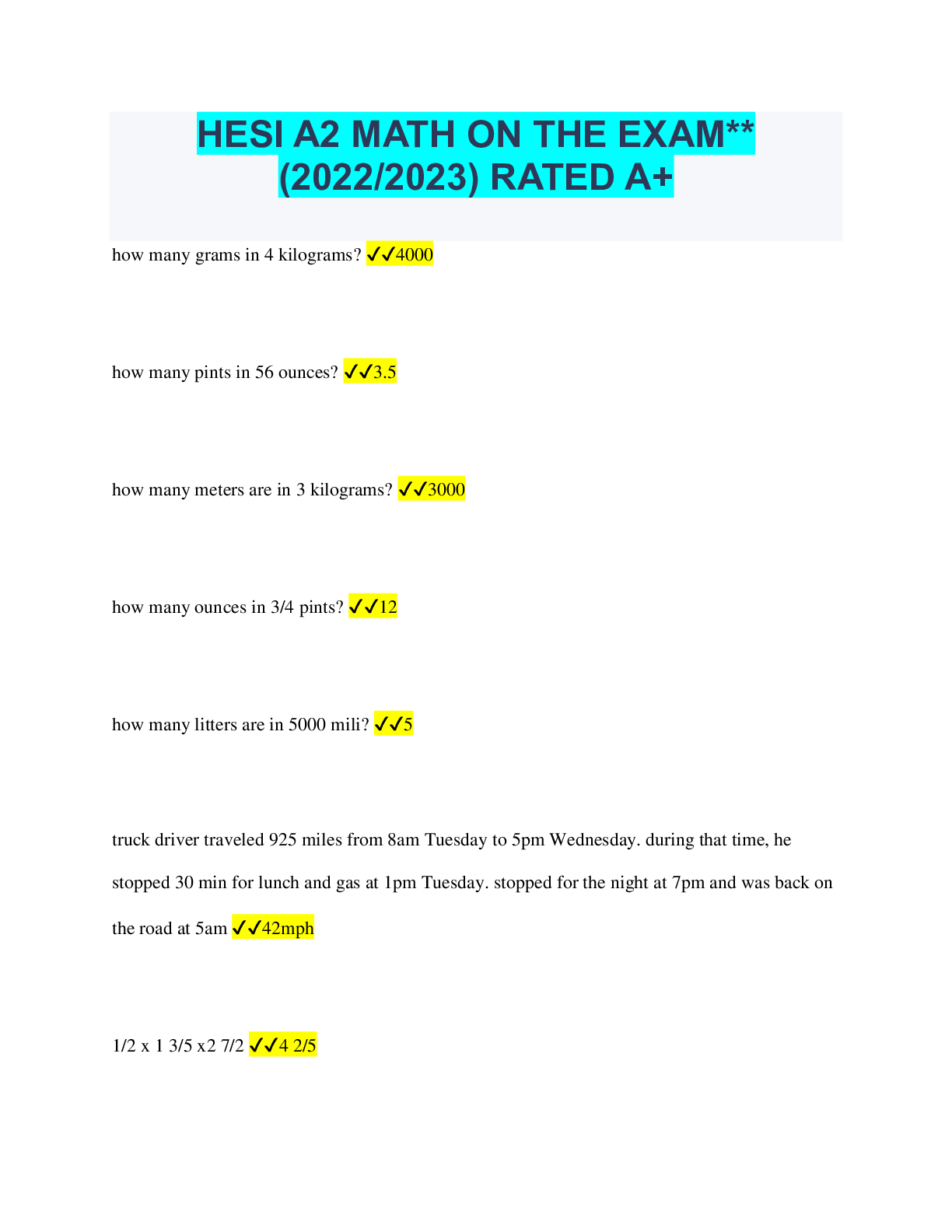
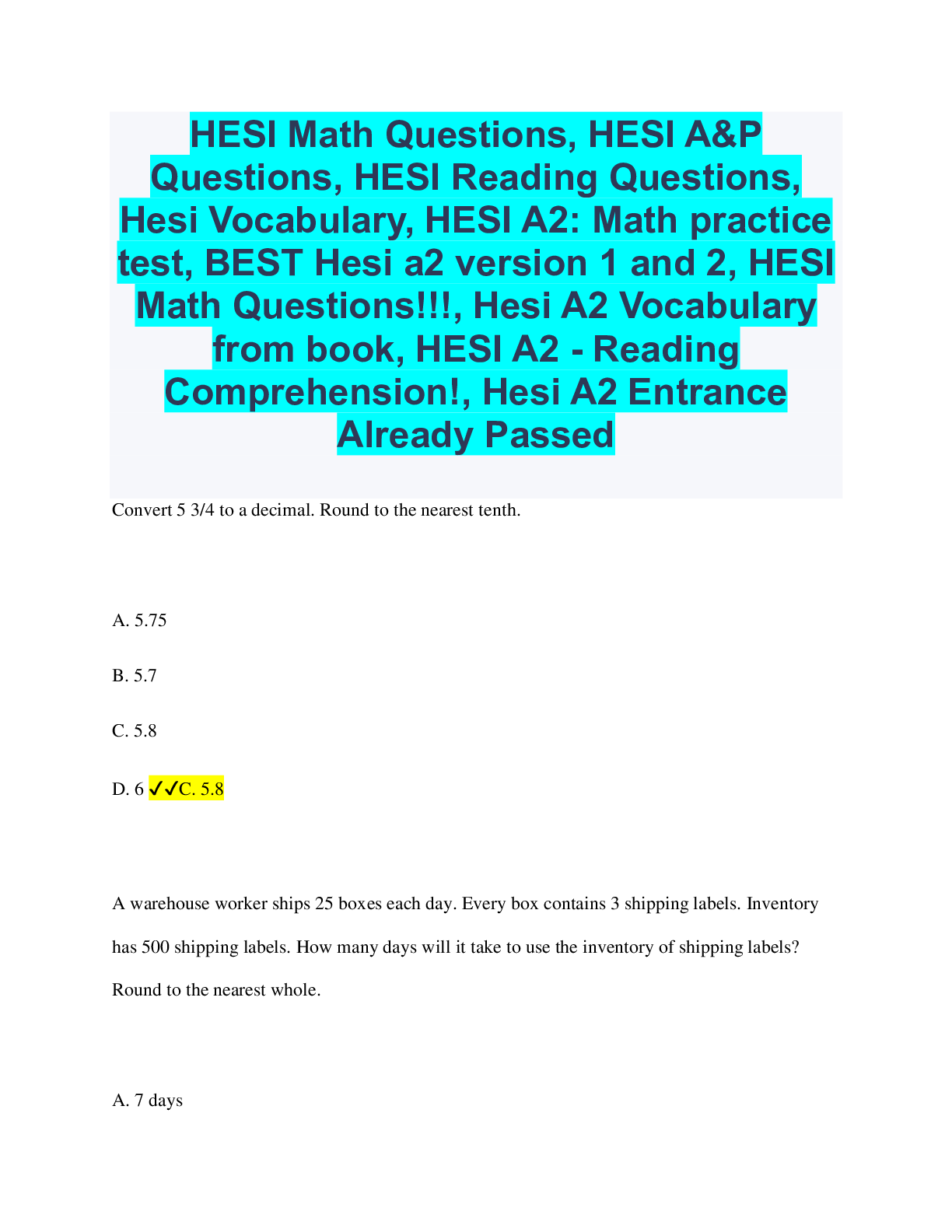
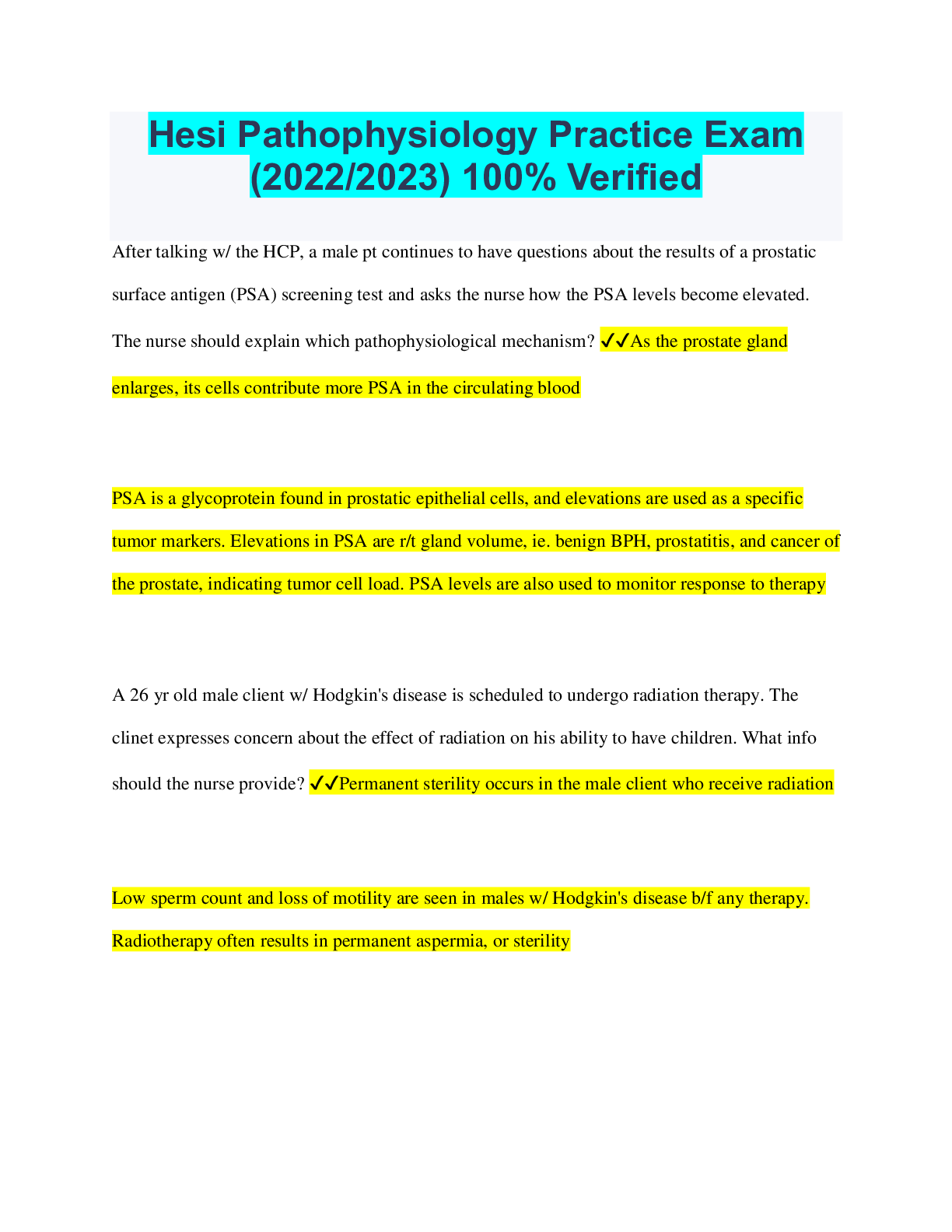
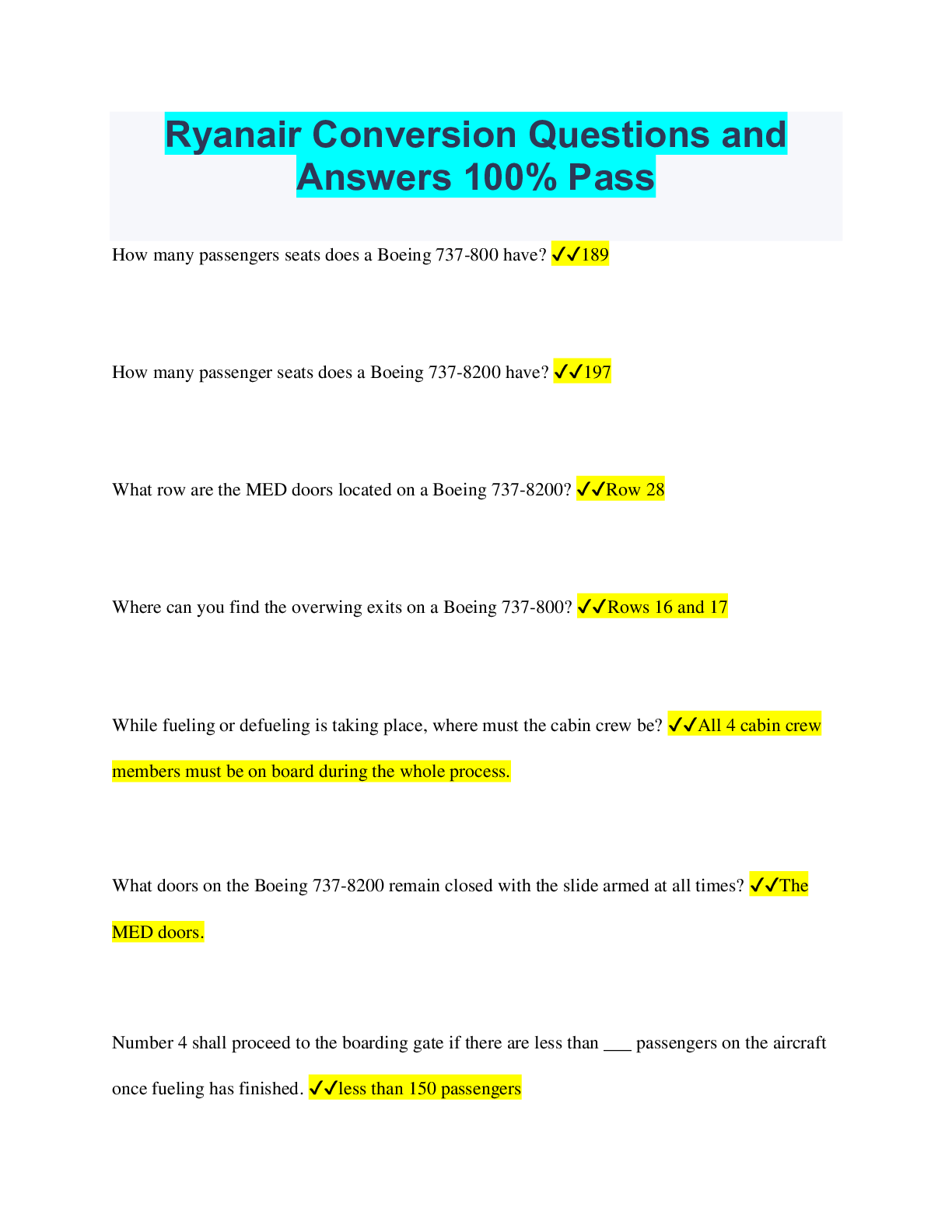
.png)
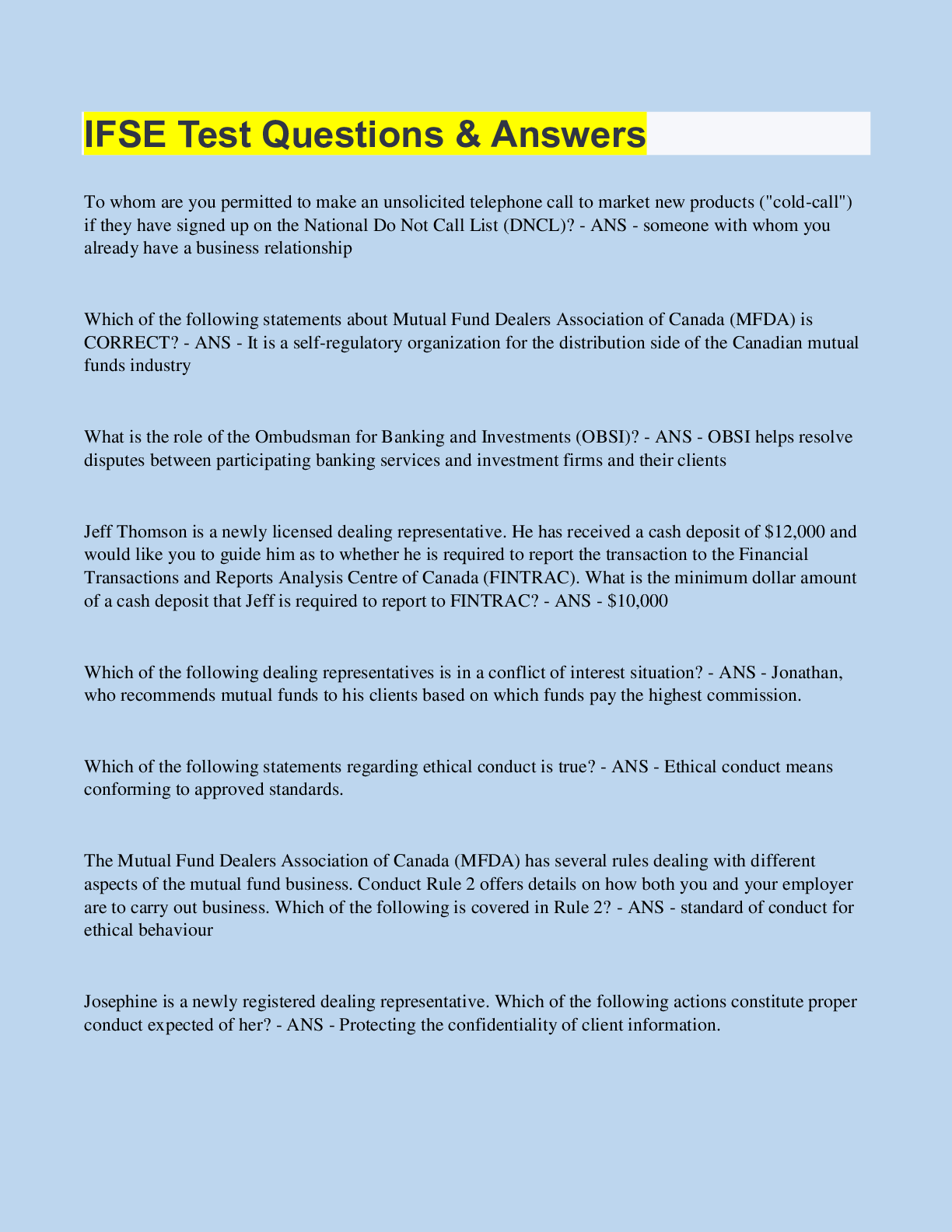
.png)
.png)
.png)
.png)
.png)
.png)
